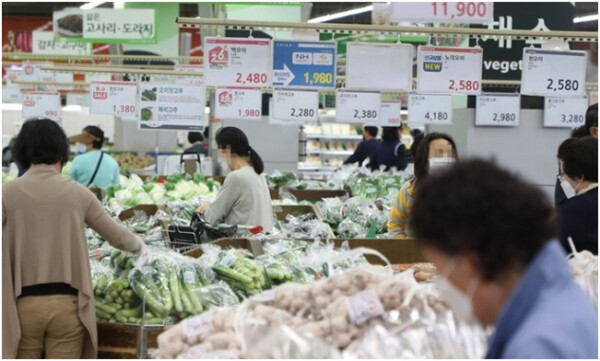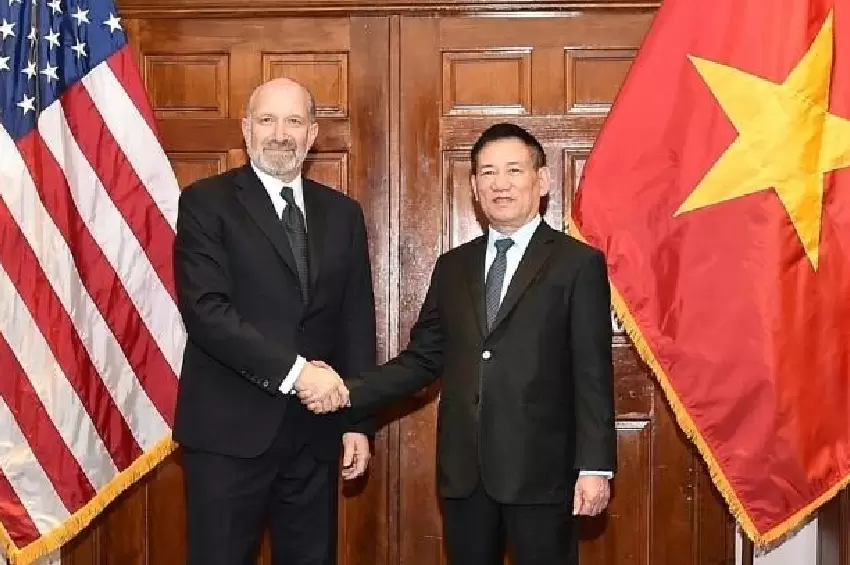BOK Deputy Governor Foresees Inflationary Pressure from Rising Exchange Rates
Kim Woong, the deputy governor of the Bank of Korea, has warned that inflationary pressure due to high exchange rates is expected to emerge starting in December. This announcement comes as the Consumer Price Index (CPI) for November, released by Statistics Korea, showed a 1.5% increase from the same month last year, reaching 114.40 (2020=100). The consumer price inflation rate has remained in the 1% range for three consecutive months, with September at 1.6%, October at 1.3%, and November at 1.5%.

Kim explained, "Although the exchange rate has recently risen, considering the time lag of its effects, the impact of the exchange rate increase on inflation is still limited and will appear after December." He further elaborated that the future inflation outlook is expected to be influenced by trends in exchange rates and oil prices, domestic demand flows, and adjustments in public utility charges. Additionally, corporate price adjustments at the end of the year and the beginning of the next year may also impact inflation.
Kim also noted, "The consumer price inflation rate is expected to approach 2% temporarily due to the base effect and the impact of the exchange rate increase, while the core inflation is projected to maintain a stable trend at its current level." The base effect refers to the impact of comparing current prices to unusually high or low prices from the previous year, which can distort inflation figures. Core inflation, which excludes volatile items such as food and energy prices, provides a more stable measure of long-term inflation trends and is closely monitored by central banks to gauge underlying inflationary pressures.









Comments